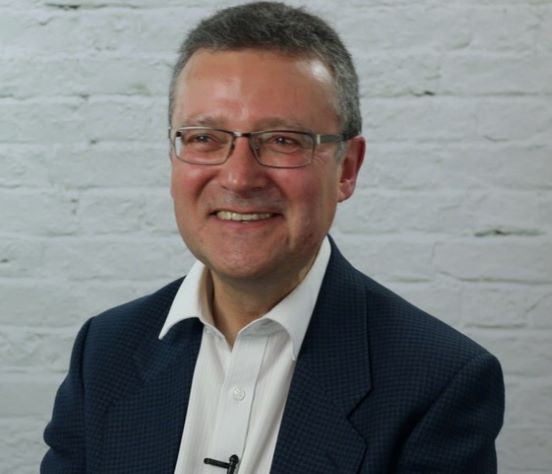I work as a volunteer, primarily with a local school in my area, but also with others in the north of Dorset. I support work by Young Enterprise to help young people understand the working world, the career opportunities available to them and their strengths, as well as how these can help them choose the careers best suited to them. I also work with other volunteers to mentor individuals who may find school challenging and need help realizing their full potential.
One thing that has become clear to me and other volunteers from working with these young people is: being “different” makes that transition from early teens into adulthood and the workplace particularly difficult for many of them. They often face discrimination, isolation, unkindness and begin to develop a sense that there is something wrong with them. This leads to a lack of confidence and low self-esteem. Schools try to educate their students about differences, but it often doesn’t translate into the right behaviour given their lack of maturity. As people mature and gain more life-experience they begin to realize, for example, that someone with Autism or Aspergers may have qualities, capabilities and value simply because of their different outlook on life and the way they work. Nonetheless, this doesn’t necessarily help those ‘who are different’ at a crucial time in their own development.
The challenge is how we support these young people to understand their qualities, abilities and potential so that they can gain confidence, develop coping mechanisms and understand how they can engage with others. I wouldn’t call them ‘therapies’ as such, it’s more a case of mobilising volunteers with the right capabilities and life experience to mentor these young ‘differently able’ people which can help. I have noticed how in many cases this helps them see and understand their qualities, gain confidence and develop effective coping mechanisms that enable them to feel better accepted and valued. This in itself makes this experience all the more rewarding and worthwhile, and I am proud to be a part of it!


Thank you for sharing this with us Chris and for the excellent work you are doing to really make a difference to the lives of these ‘differently able’ teenagers!
From this short piece it transpires how you view each of your pupils as an individual. One with talents, dreams and insecurities. This is how us parents want every professional to approach our “disabled” child (ren). Not as a problem to be solved, a cause to be helped but a human being to be respected and supported if needed. Thank you! 💙
Thank you for your enlightened comment Maya. What you say is indeed true and it is encouraging to see individuals like Chris promoting more of this inclusion, respect, equality and support we as parents and carers so desperately want for our ‘differently abled’ children and their future!